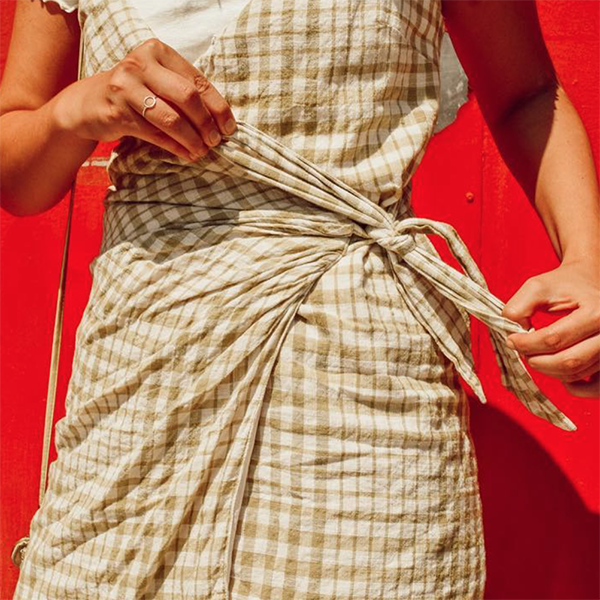Featured image via Anna Thetard
It’s a phrase we read and hear a lot these days: privilege. Check your privilege. You’re privileged. White privilege. What does it mean? How do you know if you’re privileged? And why does it matter?
I can tell you right now that if you’re reading this, you’re relatively privileged.
But that conjecture is rooted solely in the few assumptions I can make based on the fact that you’re here: you can read. You have access to a computer. You have access to wifi, or a solid data plan.
Even though these facts do put you (us) in a privileged minority as compared to the rest of the world, the list ends there.
I don’t really know you, or the extent of your privilege, or lack thereof. I don’t know if you’ve had to overcome adversity because of a disability. I don’t know if you’ve had to work especially hard to make ends meet. I don’t know if you’ve been subjected to discrimination because of your race or ethnicity. I don’t know if your sexual orientation has made you feel marginalized. I don’t know if you’ve faced obstacles to be recognized for your gender identity.
In part for reasons such as these, privilege is a nuanced concept, but it’s an important thing to be aware of, especially in the wake of the events of the past few months.
Recently, I came across a statement that helped me understand privilege a little bit better. Instagram user Zoé Lawrence @wheresfrankocean wrote in an Instagram caption: “Privilege is the luxury to choose to ignore the struggles of marginalized communities or stand in solidarity with them.”
By that definition, I am privileged. 100%.
Based on the interactions I have day-to-day as a straight, cis, white female undergrad in a small midwestern college town, I could assume racism is over and done with. I could assume sexism isn’t an issue that still has dramatic effects today. I could assume homophobia and transphobia aren’t prevalent to the extent of violence. How would I know any differently than that which I experience for myself?
However, this (unfortunately) just isn’t the case.
It’s important to realize that each of our own realities do not reflect those of all others. Just because one of us may not be experiencing rampant racism, outright sexism, or other injustices on a daily basis, doesn’t mean others aren’t.
I used to feel offended or attacked when I read comments online about privilege, or uncomfortable when the concept was brought up in class. Like, I can’t help what I was born into. I realize now I was completely missing the point.
If you are privileged by societal standards, you don’t need to feel guilty. You simply need to be aware. Acknowledging privilege means taking a step back and realizing, wow, I have it pretty good. And then, realizing its converse: A lot of people don’t have access to what I take for granted.
I myself take for granted the benefits of my privilege on the daily, whether that be the roof over my head, the freedom to show my boyfriend affection in public, the option to use the women’s bathroom without being questioned, or the peace of mind knowing I won’t be racially profiled.
Day-to-day, these experiences make up how I view the world. But there is a stark contrast between my own personal experience and those of so many others.
So, why does it matter to talk about?
Acknowledging privilege matters because the privileged few not only have the personal experience to convince themselves that issues like racism, sexism, etc., don’t exist, they also have the means to silence the voices that are crying out yes, in fact, they do. And that’s not okay.
Coming from a place of privilege, I realize now is my time to stop talking about my own experiences. It’s time to take a step back and give those who do experience societal injustices a chance to tell their story. It’s time to hear them out, instead of attempt to silence them with accusations of dramatization or ignorance.
We won’t get anything further accomplished as a society if the privileged few subscribe to the belief that the only existing issues are those we experience for ourselves.
So, if someone has a different worldview than you, or is standing with a cause you don’t necessarily identify with, or is sharing about their lived experiences that you don’t relate to: instead of immediately trying to formulate a rebuttal, find the holes in their story, or paint them as a liar, take a second to hear them out.
I think it will be amazing what can be accomplished when we are actually listening.
Image via Tessa Pesicka
Image Art via Molly Longest

